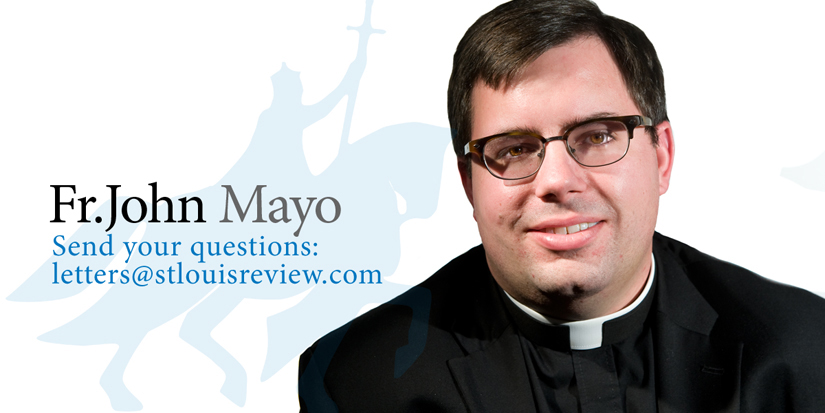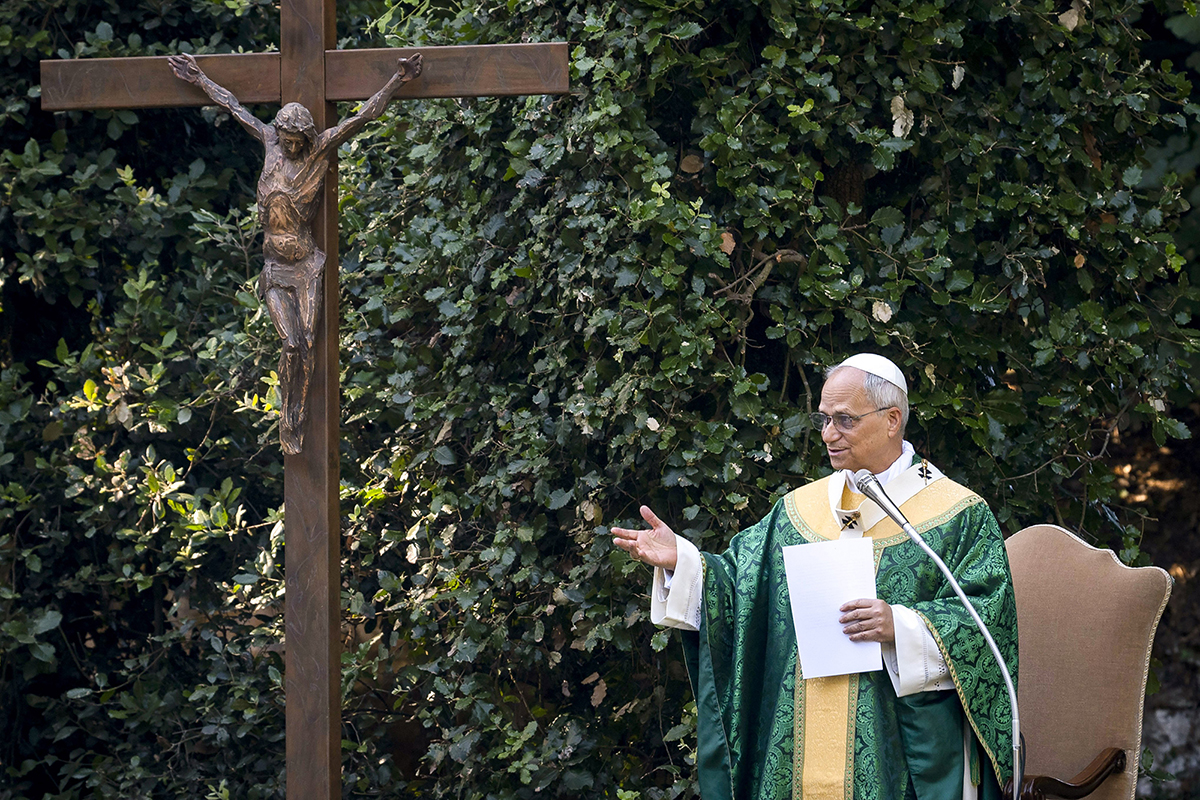DEAR FATHER | Advent is first in liturgical year as recognition of first moment of Christ’s life
Why is Advent considered the beginning of a new liturgical year?

Calendars bring order and sequence to the events of our lives. Each day, we look to our calendar to see what we are going to do that particular day. We also look ahead to see what will be happening the rest of the week or month. It reminds us about events we may look forward to.
Similarly, the liturgical calendar brings order to the Church’s celebrations. The overall goal of the year is to remember and celebrate the significant events in the lives of Jesus Christ, Mary and the saints. Through these celebrations, the Church sanctifies the whole year for the Christian faithful.
The heart of the liturgical year is the celebration of the Lord’s Resurrection. The earliest Christians marked Sunday as a special day, gathering for prayer and Mass to remember the glorious day of Jesus’ rising. Some of the earliest Christians, who came from the Jewish faith, would remind and urge the community to remember the days leading up to Christ’s suffering, death and resurrection at Passover each year. From this yearly celebration of the Resurrection, the liturgical year was born.
In time, Christmas and a time of preparation before it, were adopted by the Church. The first documented celebration of Christmas was in the year 200 in Egypt. Not until between 350-400, though, did the universal Church recognize the feast of the Lord’s birth. Along with the adoption of Christmas, the Church also began practicing a time of preparation that would become the celebration of Advent we know today.
Advent comes first on the liturgical calendar because it precedes the first event in the life of Christ: His birth. The season invites Christians to participate in the longing for generations for a Savior, follow the mysterious events around the conception of Mary and her Divine Son, and her journey with her husband, St. Joseph, to Bethlehem, where prophecy foretold the Savior would be born.
What is also interesting about Advent being the start of the liturgical year is the day around which Advent always begins: Nov. 30 (The First Sunday of Advent this year is Dec. 1). On Nov. 30, the Church celebrates the Feast of St. Andrew. In the Scriptures, Andrew is reported as being the brother of St. Peter who brought Peter to meet Jesus (John 1:40-42). Andrew is also the apostle St. Philip came to when some Greeks wanted to meet Jesus. They then went together to talk to Jesus about this meeting (John 12:21-22). This placement of Andrew on the calendar by the Church certainly is no accident. Might St. Andrew’s feast be placed there, to bring us from encountering Christ in one liturgical year to bring us to the next liturgical year encountering Him afresh?
This column appeared in a previous edition of the Review.
Father Mayo is pastor of St. Raphael Parish in St. Louis.




